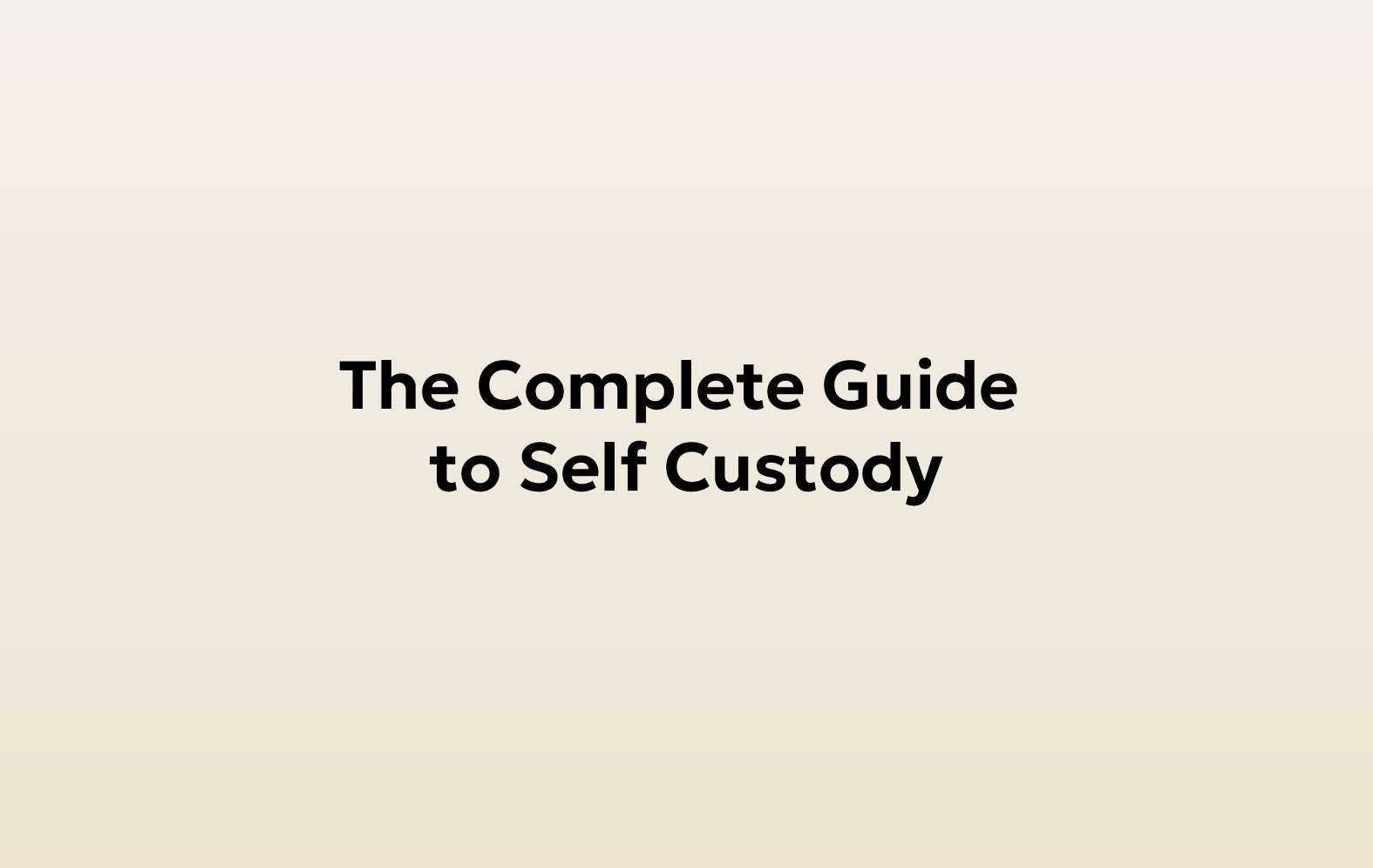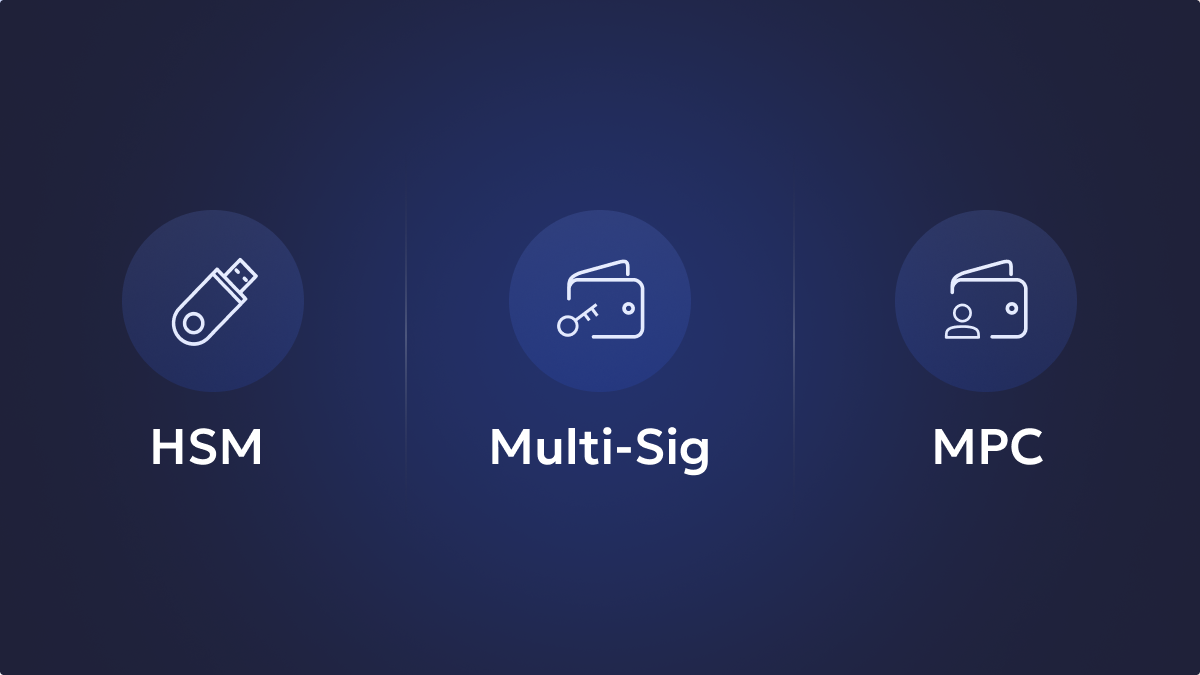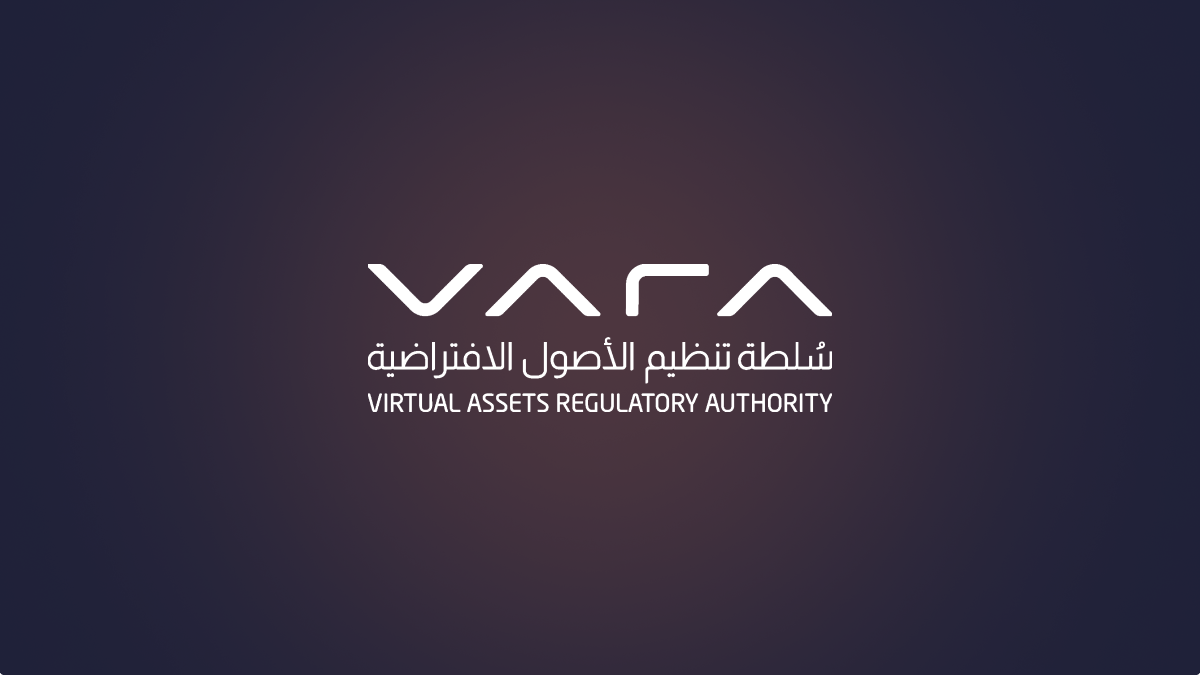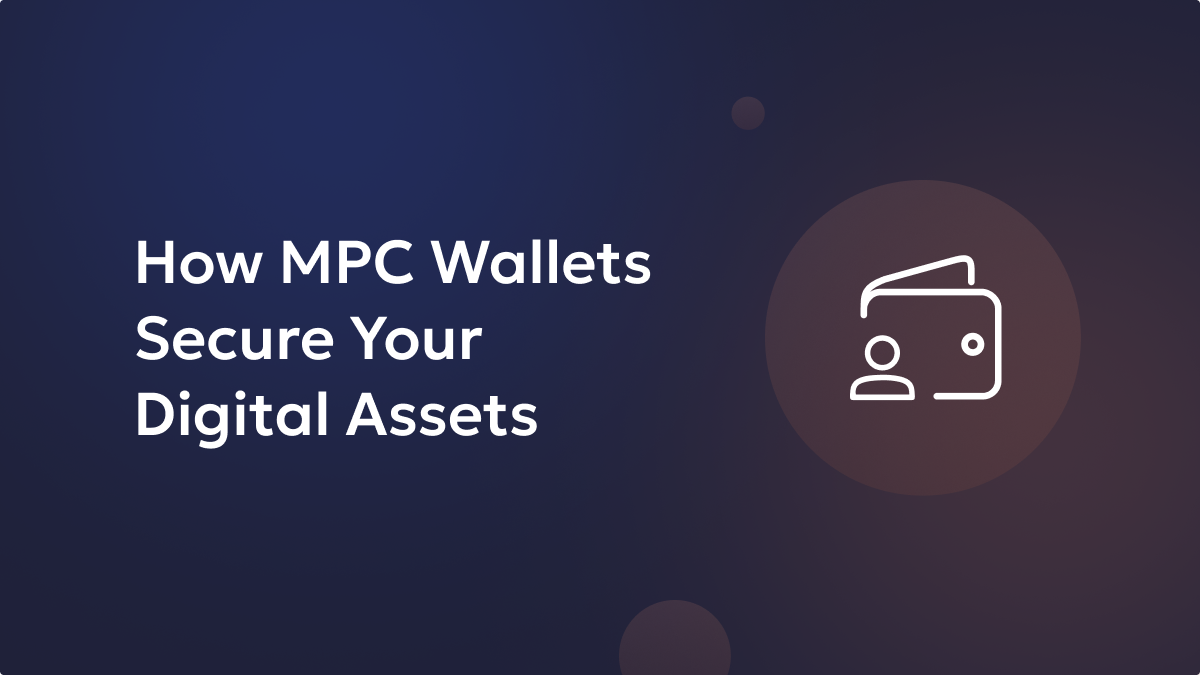A self custody wallet is a crypto wallet that offers you complete control over your cryptocurrencies and digital assets, including Bitcoin, Ethereum, and VERSE. In contrast to custodial crypto wallets and traditional banks, where they hold your assets for you, a self-custodial wallet ensures that you maintain control, eliminating the need to trust others with the safe keeping of your assets. Various self-custody solutions exist, each differing in terms of security measures and user-friendliness.
What is a Self Custody Wallet?
Self-custody wallets function as secure repositories for your private keys, serving as an interface for crypto management (the actual storage of which occurs on blockchains). These self-custodial wallets empower users to send and receive crypto and interact with decentralised applications (DApps). In a self-custody setup, you actively manage your private keys with the assistance of a trusted wallet provider, ensuring complete control over your assets.
In contrast, custodial wallets operate differently, with a third party—such as a centralised exchange (CEX)—controlling your private keys and, consequently, having custody of your crypto assets.
Unlock the potential of digital assets for your institution
Regardless of the type, both self-custody and custodial wallets enable users to perform fundamental tasks like checking balances and reviewing transaction histories for their crypto addresses.
Understanding Private Keys:
In the world of cryptocurrencies, a private key bears similarity to a bank password. Possessing the crypto private key translates to control over the corresponding crypto assets on the blockchain.
Private keys serve as the foundation for generating public keys, which, in turn, create unique wallet addresses. Despite their mathematical linkage, it’s important to note that a private key can never be derived from a public key.
A public key is similar to a visible mailbox: its encrypted address allows anyone to send crypto to it. However, only the owner, armed with the private key, can unlock the mailbox and access the messages (cryptocurrency) within.
Secure and manage your digital assets with Liminal
Introducing Seed Phrases:
Private keys, represented by lengthy strings of numbers and letters, symbolise ownership of crypto on a blockchain. Individuals may end up with multiple private keys based on the variety of digital assets they hold.
To streamline the accessibility of private keys, self custody wallet providers implement seed phrases. Typically consisting of 12 randomly selected words, these seed phrases grant access to your crypto wallet and all the associated private keys.
Possessing your seed phrase negates the need for individual private keys, as they are algorithmically interconnected. Effectively acting as a ‘master key,’ a seed phrase simplifies the management and security of your crypto assets.
Understanding Various Types Of Self-Custody Wallet
When selecting a self-custody wallet, it’s essential to be acquainted with the different types, with the primary distinction being between software and hardware wallets.
- Software Wallets: A hot wallet is a cryptocurrency wallet that stays connected to the internet and the cryptocurrency network at all times. It is utilised for sending and receiving cryptocurrency, providing you with the ability to check the available tokens in your possession.
Note: Caution should be exercised concerning “spoofed” browser extensions, a concern that will be elaborated on later.
- Hardware Wallets: A hardware wallet is a physical device, often resembling a USB thumb drive, designed to securely store a crypto user’s private cryptographic keys in offline or “cold” storage. These keys are kept safe for later online use when conducting cryptocurrency transactions. Unlike traditional wallets for physical or fiat currency, a crypto hardware wallet does not hold the user’s actual coins. Instead, it safeguards the private keys necessary to access the coins on the blockchain. Many hardware wallets are versatile, supporting multiple blockchains simultaneously, enabling users to manage various types of coins from different exchanges on a single device. The data stored in a hardware wallet can be easily backed up using a single recovery phrase or PIN code.
Self-custody is critical for both Institutions and Individuals
In the traditional Web 2.0 financial system, we rely on centralized entities like banks and governments to safeguard our assets. When we deposit money in a bank, we give a third party control (custody) over our assets, trusting that the bank will have our money available for withdrawal later. In case of any issues, we trust that the bank is insured and our government will compensate for any losses.
Web3, on the other hand, allows you direct control over your assets, eliminating the need to trust banks and governments for custody. Although centralized crypto exchanges (CEXs) have emerged to provide convenient access and custody for cryptocurrencies, the essence of Web3 is about self-custody. Relying on a CEX still involves trusting a centralised corporation, similar to trusting a bank. While there is some centralisation in Web3, it comes with its own set of risks, as seen in the recent issues with the FTX centralized exchange. However, choosing self-custody through a wallet means you are solely responsible for your asset security since you control the private keys. It’s important to note that before CEXs existed, all crypto wallets were self-custody.
The tradeoff is evident: self-custody eliminates the need to trust banks, governments, or CEXs, but it requires trust in the decentralized systems you opt to use. You become solely responsible for safeguarding your private keys against loss and theft.
Advantages of Self-Custody
Self custody crypto wallet provides several notable benefits, including enhanced security and personal control over assets, as briefly mentioned earlier.
- Censorship Resistance: Self-custody ensures that assets stored in a non-custodial wallet cannot be frozen or confiscated by external entities. This is particularly empowering in regions with capital controls or targeted discrimination, making self-custody a technology of empowerment.
- Increased Security: Non-custodial wallets offer heightened security by allowing individuals to control their private keys. Unlike custodial wallets, where keys are stored on a potentially vulnerable central server, self-custody minimises risks associated with hacking or counterparty vulnerabilities.
- Expanded Access: Self-custody can be liberating for unbanked individuals without access to traditional financial services. Even without conventional bank accounts or payment cards, self custody wallet enables them to use cryptocurrency for storing, sending, and receiving funds.
- Greater Control: Individuals exercising self-custody have complete control over their funds, managing them according to their preferences. This stands in contrast to custodial wallets, where a third party manages the funds, potentially limiting individual control.
- Decentralization: Non-custodial wallets align with the decentralized nature of many cryptocurrencies, allowing individuals to hold and manage their assets without reliance on a central authority. This promotes a more equitable and transparent financial system.
- Privacy: Non-custodial wallets often require minimal personal information, enhancing privacy. This feature is crucial for those concerned about the potential misuse of their data.
In summary, self custody wallet presents numerous benefits for individuals seeking secure and private management of their cryptocurrency holdings.
The Significance of Self-Custody
Self-custody holds paramount importance for several compelling reasons. Foremost among them is the heightened security it affords to your funds. By personally holding your assets, you eradicate the vulnerabilities associated with centralised third parties, including the risks of hacking, bankruptcy, or fraudulent activities.
In addition to providing security, a self-custody wallet empowers users to tap into the distinctive features of cryptocurrencies, particularly in the domain of decentralized finance (DeFi). DeFi opens avenues for crafting decentralized financial instruments like loans and insurance, free from control by any central authority. With self-custodial wallet, users gain the autonomy to actively participate in DeFi actively, capitalising on its manifold advantages.
Beyond financial empowerment, self-custody serves as a safeguard for user privacy. Retaining control over their own assets ensures that financial information remains confidential and beyond the reach of third-party entities, underlining the inherent value of self-custody in preserving individual privacy.
Ensuring the Safety of Your Self-Custody Wallet
When it comes to managing your own crypto, the paramount concern is the safety of your self-custody wallet. With the responsibility of securing your assets squarely on your shoulders, it’s vital to comprehend the associated risks and take proactive measures to mitigate them.
While self-custody does entail certain risks, there are numerous precautions you can adopt to fortify the security of your assets. Consider the following tips to safeguard your self-custody wallet:
- Choose a Reputable Wallet Provider: Research and opt for a trustworthy self-custody wallet provider with a solid reputation. Scrutinise reviews, seek community feedback and prioritise providers that have undergone independent security audits.
- Use a Hardware Wallet: Elevate your security by employing a hardware wallet—a physical device storing private keys offline. This significantly diminishes the risk of online attacks like hacks or phishing scams. Ensure you acquire it from official sources and verify the package for tampering upon receipt.
- Secure Your Seed Phrase: Safeguard your seed phrase, the key to your crypto wallet, by inscribing it on paper and storing it in a secure location, such as a safe or safety deposit box.
- Enable Two-Factor Authentication (2FA): Provide your self-custody wallet’s security by implementing two-factor authentication options, such as biometric authentication or text message verification.
- Beware of Scams: Exercise caution against scams targeting crypto holders. Avoid sharing private keys or seed phrases in response to unsolicited messages or emails.
- Prioritise Privacy: Given your responsibility for asset security, opt for privacy-focused wallets.
- Explore Smart Contract Protection Services: Consider utilising a smart contract protection service that offers features like wallet notifications, panic buttons, and backup wallets.
By adhering to these recommendations and implementing additional security measures, you significantly diminish the risk of compromising the integrity of your self-custody wallet.
Embracing the Era of Self-Custody
The future unfolds with the embrace of self-custody, a paradigm where the blockchain ecosystem flourishes on your terms.
By leveraging a self-custodial wallet, you unlock a world of possibilities. Seamlessly connect your self-custody wallet to Web3 gaming apps, engage in the vibrant market of non-fungible tokens (NFTs), and swap cryptocurrencies like bitcoin (BTC) and ether (ETH) with significantly lower fees compared to centralised exchanges.
Direct access to your private keys propels you into the domain of decentralised finance (DeFi). With this, you can stake crypto to earn interest, lend crypto for yield, and even become your own market maker, collecting fees along the way.
Related Articles:
Related FAQs
1 – How does self custody work?
Self-custody means you hold the private keys to your digital assets, giving you complete control over your assets. This is typically done through a non-custodial wallet.
2 – Is MetaMask a self-custody wallet?
MetaMask is primarily a self-custody wallet. However, it’s important to note that it’s a software wallet, so online security practices are crucial.
3 – Are self-custody wallets safe?
Self-custody wallets offer high security if managed correctly. However, they require you to take full responsibility for your private keys. Loss or compromise of these keys can lead to irreversible loss of funds.
4 – What are the benefits of self-custody?
Self-custody provides complete control over your digital assets, enhances security, and often offers lower fees compared to custodial services. It aligns with the decentralized philosophy of digital assets.
5 – What are the benefits of direct custody?
Direct custody offers convenience as you don’t manage private keys. It might be suitable for those new to digital assets or with smaller holdings. However, you relinquish control over your assets to a third party.






